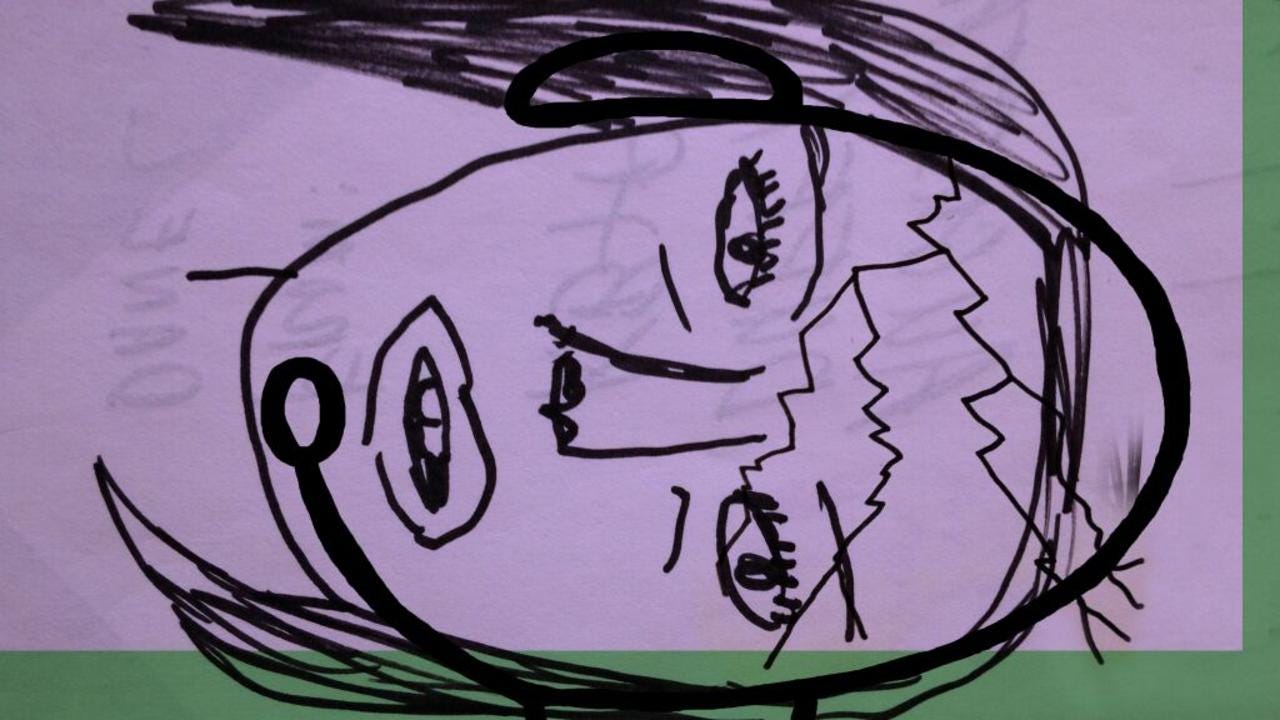The 911 Operator Who Needed Her Own Lifeline
Years of fielding constant calls from strangers in harrowing situations left one first responder stricken with PTSD, attempting suicide and wondering why there’s no safety net for the people who talk others back from the edge.

Illustrations by Dane LaChiusa
Two days before her suicide attempt, Denise Mercer had cooked chicken wings for the kids, staying a long time alone in the kitchen, staring at the low clouds rolling over Westchester County by the open patio door. She followed her mother’s old recipe: crispy wings and zesty horseradish sauce, a dish that comes straight from blazing Alabamian summers, a reminder of oily fingers and backyard brawls for the best hiding spot.
The kids had rushed to the table when she called them. They hadn’t said much during dinner but that was an old habit by now.
“I know I’m not really a good mama,” Mercer said to me that day. “It wasn’t always like that.”
“I like storms. The smell, especially. It makes me feel young again,” she had joked when the first lightning struck the sky, bringing gusts of rainy air inside the house.
We hadn’t talked in a few weeks. She was looking tired, as she always did after working night shifts at the Brooklyn 911 call center.
“Maybe we’ll go to my s…

